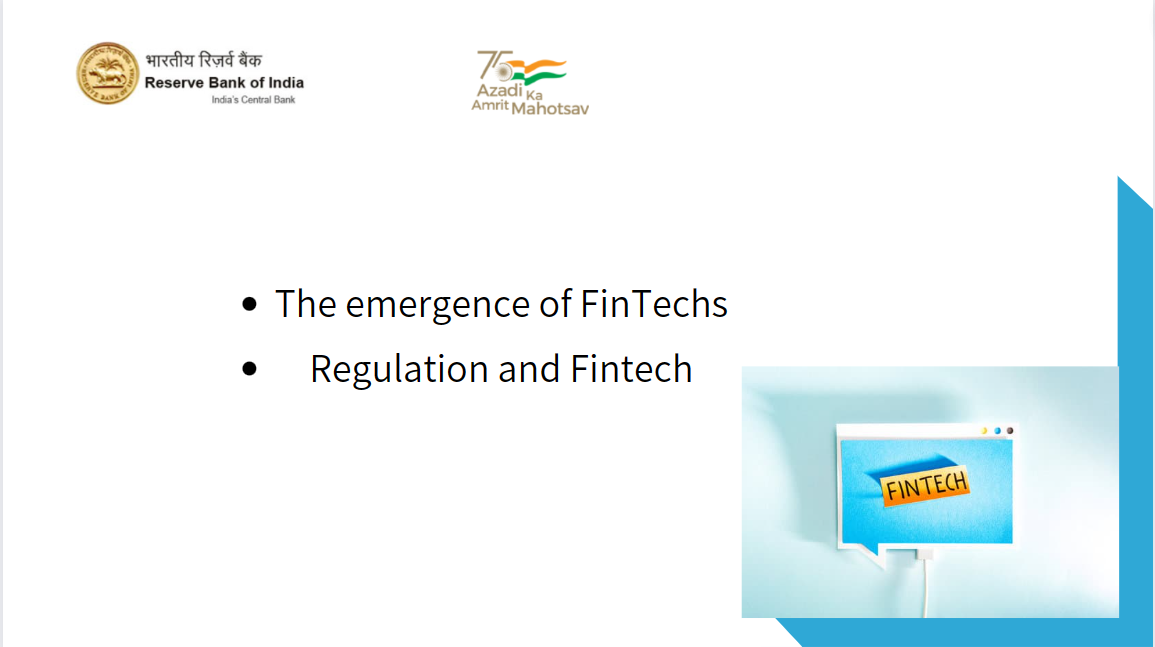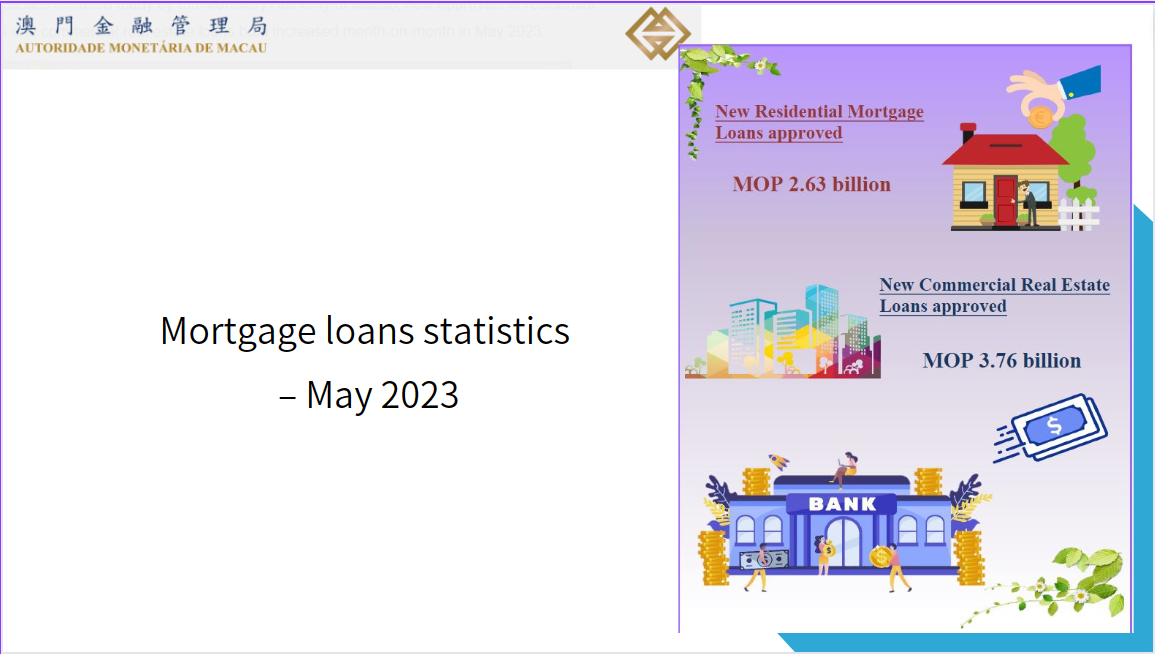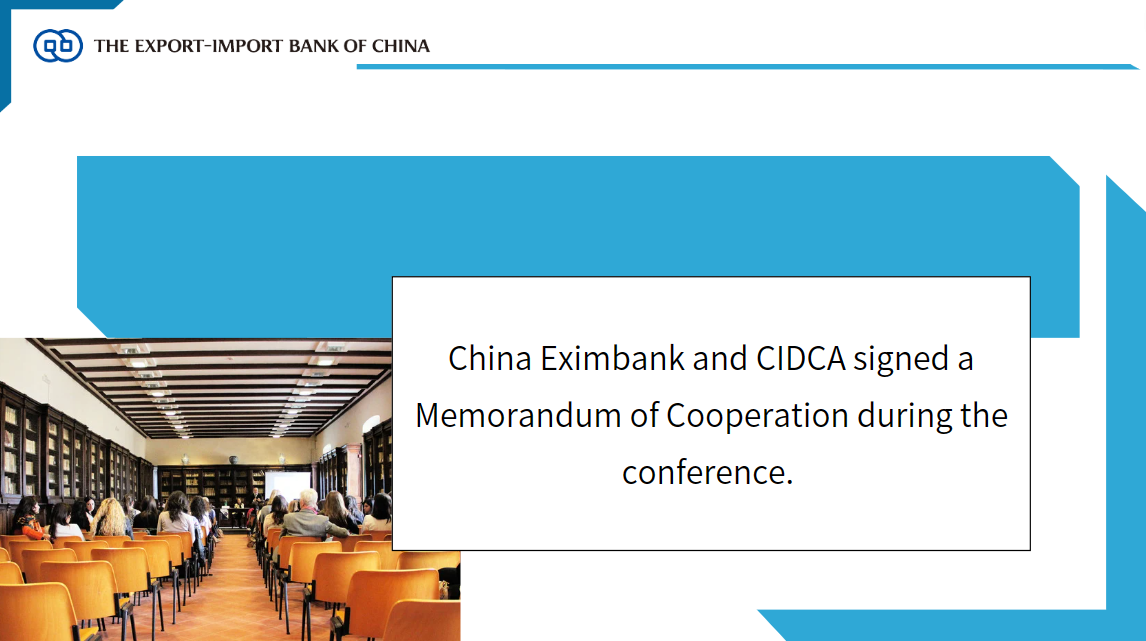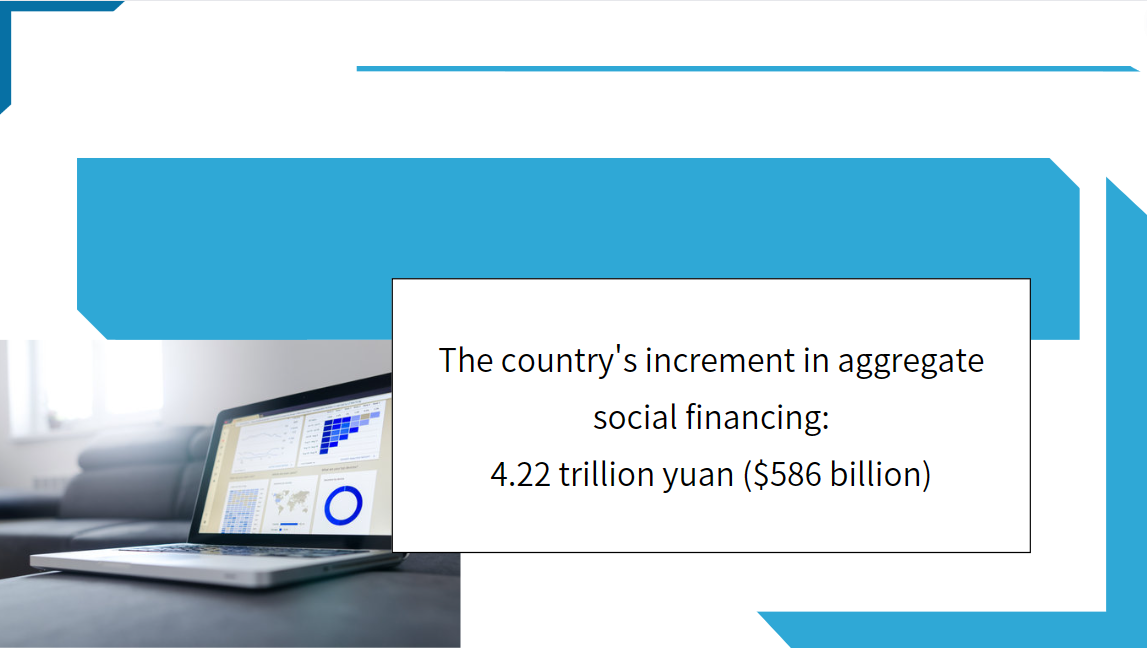Middle East Opportunities: Building a Better World Through Innovation and Technology (I)
In early 2023, Hong Kong Chief Executive John Lee led a delegation of more than 30 representatives to Saudi Arabia and the United Arab Emirates (UAE). Their mission was to promote Hong Kong’s business advantages, explore business opportunities and enhance co‑operation and connections between Hong Kong and the two countries in various areas. One member of the delegation was James Law, JP, Founder and Chairman of James Law Cybertecture International, which broke into the Middle East market 18 years ago by winning its first project in the region.
HKTDC Research talked to Law to examine opportunities in the Middle East from the standpoint of a Hong Kong company and to gain an understanding of the market situation there as well as the advantages for Hong Kong companies in exploiting the situation. Law shared his years of experience in expanding into the Middle East and his insights on how best to help the “going out” of Hong Kong companies.
Law founded his architecture firm in 2001 and named it after his famous “cybertecture” concept of infusing technologies into building designs to improve human life. He has made his name in the architecture field through his high‑tech and avant‑garde building designs that leave deep impressions on people.
The first project that Law won in the Middle East was the Pad Tower. In 2005, when he was invited to offer an architectural design for the Dubai project, he sought inspiration from Apple’s iPod. The Pad Tower is a health and intelligent home project in which all the apartments are equipped with numerous technological equipment including biometric locks, mood lighting, voice control and mirrors that can monitor the health status of the residents.
The UAE prime minister was very interested in the concept and designs of cybertecture, so Law was invited to participate in the Technopark Free Trade Zone design competition in Dubai, which Law won with his Technosphere plan.
Built on a site of 360,000 sqm, Technosphere will become the world’s largest spherical building when completed. Its environmentally friendly facilities such as solar panels and a recycled water system will enable the project to be run on a sustainable basis.
Law was then invited by the Qatar Foundation to be one of the guests in its popular TV show Stars of Science, which lasted for six years. The show is well known throughout the Middle East and its total content watched on YouTube has exceeded 80 billion minutes. With Law’s rising stature in the Middle East, Cybertecture International is participating in more and more architectural projects in the region and its footprints can be found in the UAE, Saudi Arabia and Qatar.
Opportunities abound
In the early 2000s, Dubai’s rapidly growing economy spawned a huge amount of construction, including the world’s tallest building, the Burj Khalifa, which broke ground in 2004 and opened in 2010, and the Dubai Metro, which started operating in 2009.
With the launch of Vision 2030, Saudi Arabia has become a bright spot in the Middle East market. Law believes there are still plenty of opportunities to be had in the region, and that the scale of development and scope of coverage are now even greater, explaining: “Looking back to the Middle East in 2005, Dubai was the most ambitious and its development was faster than any other economy in the region. Saudi Arabia today is just like a gigantic Dubai: it owns vast oil reserves, has impressive wealth and an enormous sovereign fund while its rulers are far‑sighted and popular. I believe that, in the next 20 years, unprecedented high‑speed development will take place in the kingdom.”
Vision 2030 is not simply a large infrastructure development project, but is also a development blueprint that aims to provide a fulfilling and healthy life for its people. In addition to landmark projects such as the NEOM region, The Line and The Red Sea, Vision 2030 also encompasses such areas as culture, entertainment, tourism, technology, environmental protection, smart cities, new‑energy development and a diversified private economy. Indeed, the opportunities brought about by Vision 2030 go well beyond those for the architecture and design sector.
As Law pointed out: “Saudi Arabia will build green cities and resorts in the desert. It will also introduce more culture, entertainment and speciality goods to give tourists all‑new experiences. Furthermore, being at the intersection of the European, Asian and African continents, the kingdom is endowed with unique geographical advantages. I believe that Saudi Arabia, like the UAE, will become a tourist drawing point and even a hotspot for investment and immigration.”
Progressive society
Conservative, feudalistic and protectionist are the inherent impressions of many people of the Middle East, yet Law stressed that such impressions are misunderstandings. Based on his almost 20 years of working in the Middle East market, Law affirmed that religious traditions have not impeded economic development in the region, explaining: “Do you know that the first Minister of Happiness in the UAE is a female in her early 30s? If they are really that feudalistic and conservative, I would not have been able to set foot in the Middle East market from the very beginning.
“As in any other overseas market, to gain the trust of the locals and form a partnership with them has never been easy. But that doesn’t mean they are feudalistic and conservative. On the contrary, Middle East entrepreneurs are very liberal and ardently fond of novelties. The populations of the Middle East countries are very young. They are aware that oil reserves will eventually run out and that global warming will make the weather in the Middle East region more intolerably hot. So they are trying out all methods to turn the desert areas there into sustainable, diversified and desirable living places. The Middle East opportunities we are now stressing so much are based on the fact that Middle East countries are now inviting enterprises from around the world engaging in culture, entertainment, merchandise and technology to join them in realising the above vision.”
In a previous HKTDC Research article on the conference and exhibition industry in Saudi Arabia, interviewee Kamal Kallas, Senior Vice President, Expo of Sela, said the country was increasingly receptive to foreign cultures, coinciding with Law’s opinion.
This interview will be published in two parts. To further understand James Law’s idea on the key to successfully cracking the Middle East market and his suggestions to Hong Kong companies, please read Middle East Opportunities: Building a Better World Through Innovation and Technology (II).




















































First, please LoginComment After ~